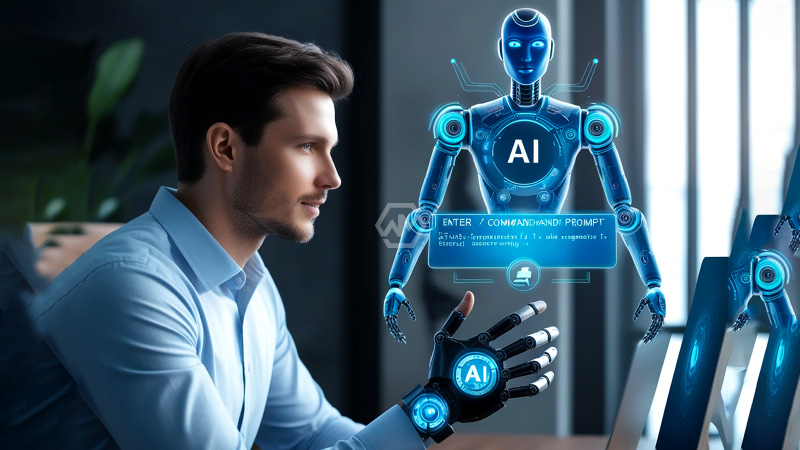- OpenAI introduces AI models designed to excel at complex reasoning tasks.
- These models mark a significant leap in AI’s problem-solving abilities.
- Early applications span fields like medicine, law, and scientific research.
OpenAI has launched a new generation of AI models, claiming they possess advanced reasoning capabilities. Unlike previous models, these systems are not just limited to language processing but are designed to engage in more intricate problem-solving scenarios.
Their improved ability to analyze and draw logical conclusions positions them as valuable tools in domains that require critical thinking, such as healthcare diagnostics, legal case assessments, and advanced scientific research.
AI Models Set to Revolutionize Complex Problem-Solving Capabilities
The models also demonstrate increased efficiency in understanding context, allowing them to tackle multi-step reasoning processes that resemble human decision-making. This innovation is seen as a significant step forward in AI‘s progression toward more autonomous, intelligent behavior, potentially reshaping how industries function by automating complex cognitive tasks.
One of the most transformative aspects of these models is their potential to impact real-world problem-solving. From diagnosing medical conditions with greater accuracy to aiding in the legal analysis of complex cases, these models hold promise for reducing human error and enhancing decision-making speed. Industries like finance, where precise forecasting is crucial, could also see major benefits from this advancement.
The models are trained on vast datasets that allow them to interpret intricate scenarios and deduce outcomes with greater precision. OpenAI has emphasized that this enhanced reasoning ability does not come at the cost of speed; these models are designed to deliver results in real-time, even when dealing with multi-step problems that previously required significant human intervention.
Furthermore, the scalability of these AI models is set to open new avenues for innovation. By automating complex reasoning tasks, businesses and organizations can leverage AI to tackle previously insurmountable challenges, enabling breakthroughs in areas like climate modeling, space exploration, and more. This advancement is seen as a key milestone in the ongoing development of general AI.
These AI models represent a turning point for artificial intelligence, as they blend advanced reasoning with real-world applications. As industries adopt these technologies, we may see a profound shift in how complex problems are approached and solved, redefining efficiency and innovation across multiple fields.
“AI is no longer just a tool for automation; it’s becoming a partner in reasoning, helping us solve problems we thought only humans could tackle.”



